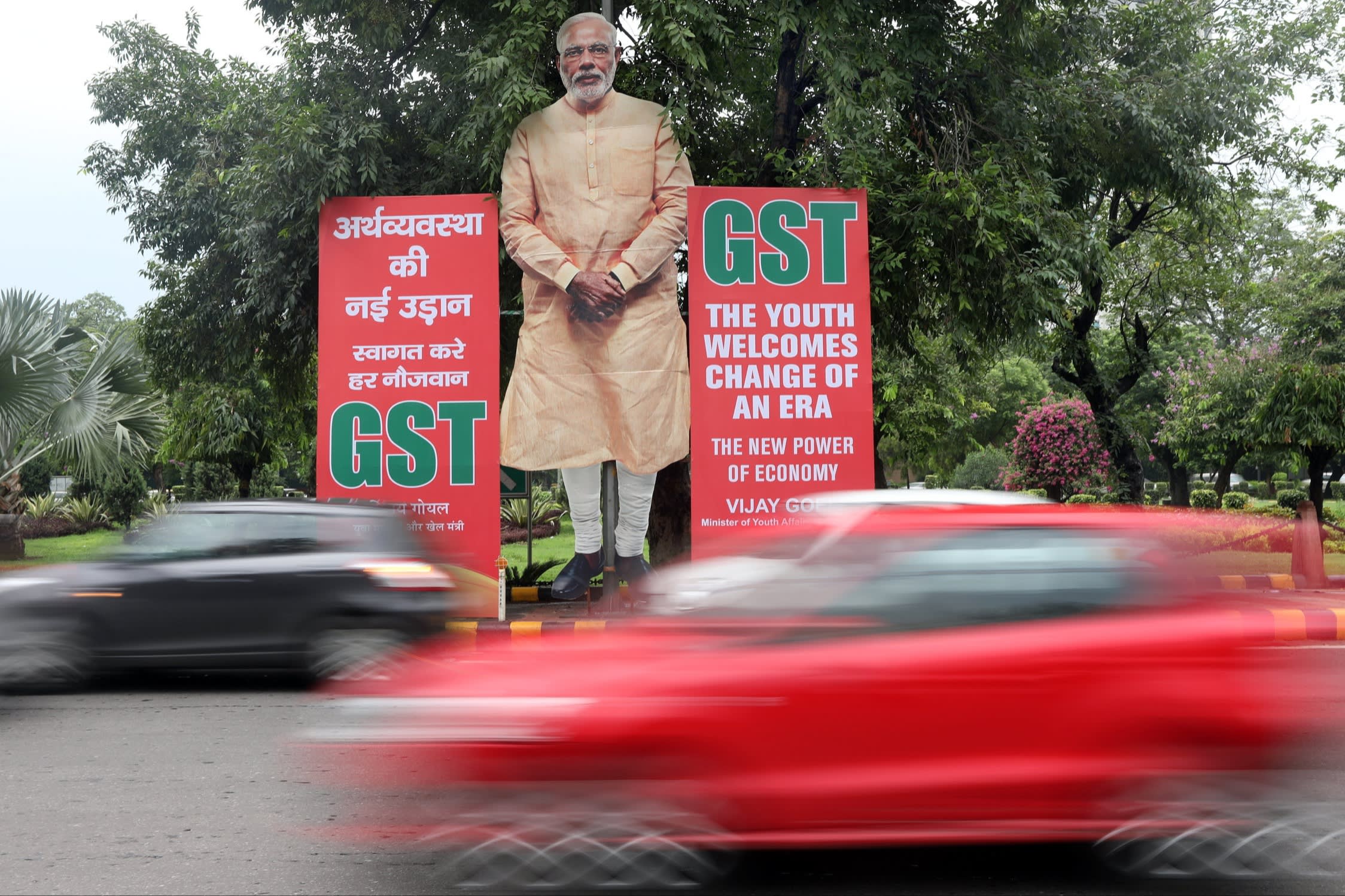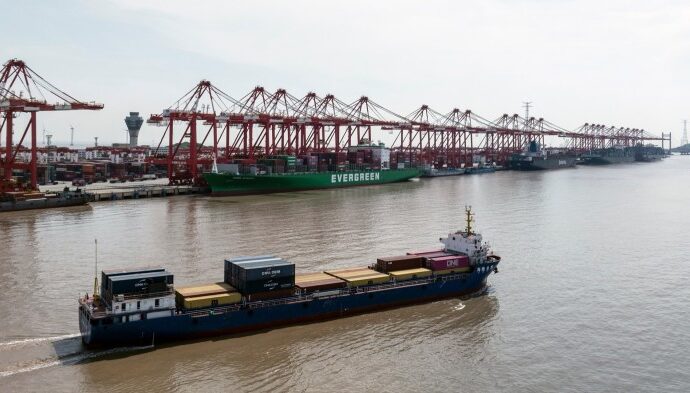Stay informed with free updates
Simply sign up to the Indian business & finance myFT Digest — delivered directly to your inbox.
Indian banking billionaire Uday Kotak has called on Prime Minister Narendra Modi’s government to channel more budgetary support to small and medium-sized businesses as the economy grapples with Donald Trump’s punishing tariffs.
Kotak, founder of India’s third-largest private sector lender, joins a recent chorus of tycoons, business leaders and industry lobby groups pushing New Delhi to help the country withstand the impact of Trump’s 50 per cent tariffs.
“We must think about this as an opportunity for us to get out of our cruise mindset and from a comfort mindset to ‘we are at risk’,” Kotak told the Financial Times.
Trump this month announced an additional 25 per cent levy on India — on top of 25 per cent “reciprocal” tariffs — over New Delhi’s imports of discounted Russian oil, which the US president blames for helping finance Vladimir Putin’s war machine in Ukraine.
Kotak said the tariffs were a “major shock” that had “woken Indians up” to the risks to the Indian economy of Trump’s trade war.
He called for “direct fiscal support” from the government to “turbocharge” small businesses in manufacturing, research and technology. “Once you give that capital support, private equity, entrepreneurs’ equity [and] risk capital will come additionally,” he said.
Earlier this month, Anand Mahindra, chair of the Mahindra Group, made a similar plea for the government to provide greater liquidity for SMEs, investment in infrastructure and incentives for manufacturers in the face of US tariffs.
Harsh Goenka, the billionaire chair of Indian industrial conglomerate RPG Enterprises, has also exhorted New Delhi to create a fund to help exporters find new markets as well as lure more manufacturing shifting out of China.

Modi last week pledged a slew of tax and regulatory reforms, including slashing goods and services taxes and cutting red tape for businesses, striking a defiant tone as he vowed to bolster a “self-reliant India”.
The steep US tariffs threaten Modi’s push to strengthen Indian manufacturing, which has remained a laggard, contributing about 14 per cent to GDP compared with a target of 25 per cent.
Many economists believe GDP needs to grow at an average rate of 8 per cent to meet Modi’s goal of achieving developed economy status by 2047, the centenary of independence from colonial rule.
Economic growth has recovered after a sharp slowdown last year — expanding 7.4 per cent in the first quarter on a year before — but analysts have warned that tariffs on exports to the US, India’s largest trading partner, could shave off nearly 0.5 percentage points.
Kotak is one of the most influential figures in Indian finance. Now a director at Kotak Mahindra Bank, which has a market value of $45bn, he has previously advised New Delhi and sat on high-level government committees.
He said that the uncertainty of Trump’s tariff regime had created “a sense of urgency for transforming India” and offered “a great opportunity to pivot”.
He added: “India’s macroeconomic situation is very comfortable. Our fiscal deficit is under control, our current account is under control, you’ve got macroeconomic stability.”
Kotak said policymakers and businesses should use the trade war to “get focused on productivity, efficiency, excellence and building world-class brands”.
He added that “manufacturing has to play a very important role”, advocating that producers should not focus on India’s large domestic market to avoid the need for “cutting-edge precision”.
With a per capita GDP of $2,700 — against $13,300 for China and almost $89,000 for the US — India “cannot be in a comfort zone”, Kotak said.
“At the current ‘cruise’ level, we’ll keep on improving our position, but is it fast enough for us to get past the middle-income trap? I think there’s a gap.”
India Business Briefing
The Indian professional’s must-read on business and policy in the world’s fastest-growing big economy. Sign up for the newsletter here


